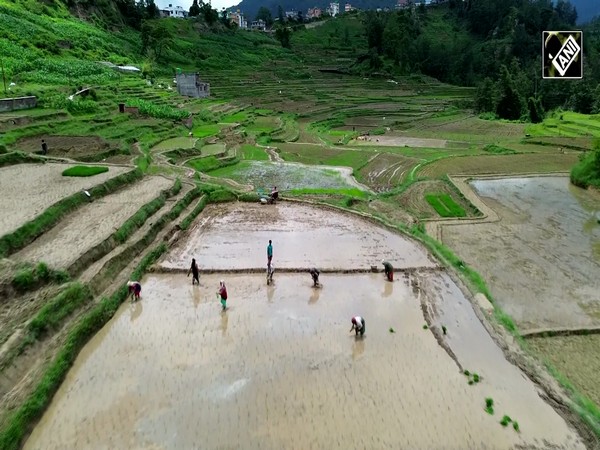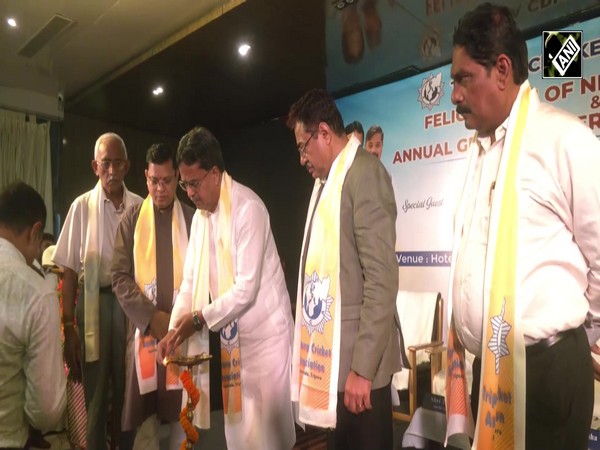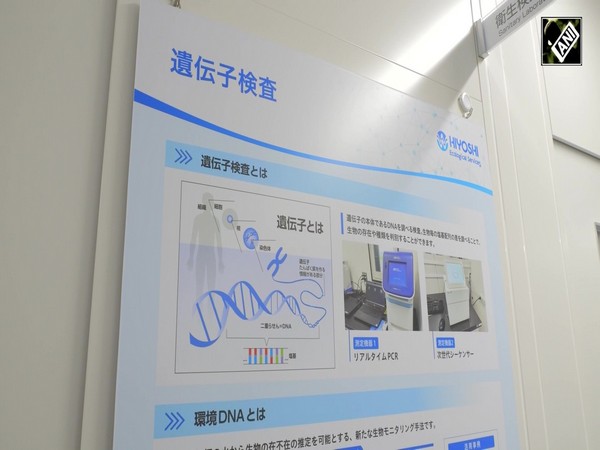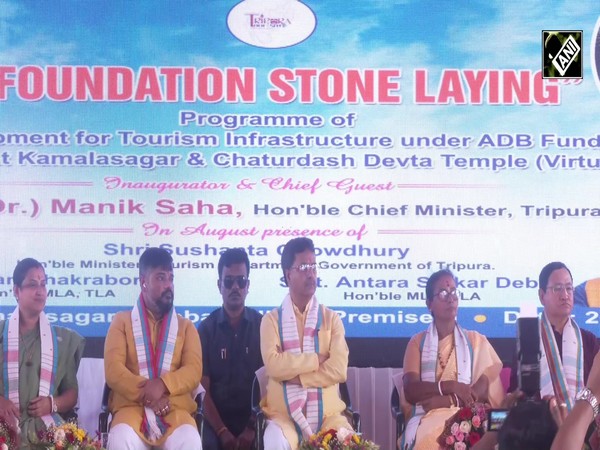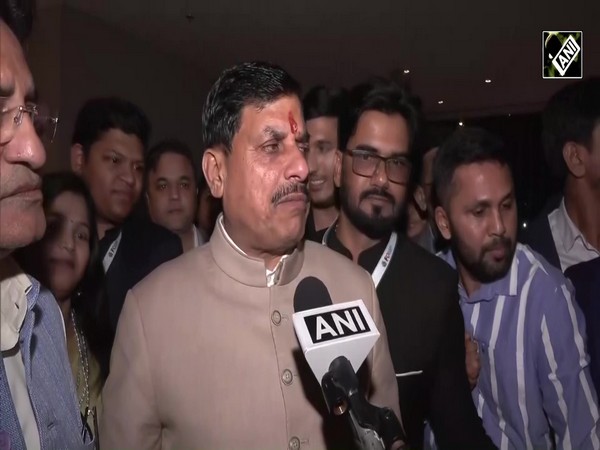Delhi HC notice to Centre on plea to stop data collection through CMS, NATGRID, NETRA
Dec 02, 2020

New Delhi [India], December 2 : The Delhi High Court on Wednesday issued notice to the Central government on a petition seeking to stop collection of data through Central Monitoring System (CMS), National Intelligence Grid (NATGRID) and Network Traffic Analysis (NETRA) claiming they create 360-degree surveillance on public and breach their right to privacy.
A division bench of Chief Justice DN Patel and Justice Prateek Jalan also asked the Ministry of Communications, Ministry of Home Affairs, Ministry of Defence and Ministry of Electronics and Information Technology to file their replies and listed the matter for January 7.
The High Court was hearing a petition, filed by Centre for Public Interest Litigation (CPIL) and Software Freedom Law Centre through advocate Prashant Bhushan, claiming these three data collection systems infringing the fundamental right to privacy of individuals.
Bhushan, appearing for the petitioners, urged the court to permanently stop the execution and the operation of the surveillance projects namely CMS, NETRA, and NATGRID which allows for bulk collection and analysis of personal data.
He also asked the court to direct the respondents to constitute and establish a permanent independent oversight body -- judicial or parliamentary -- for issuing and reviewing lawful interception and monitoring orders or warrants under the enabling provisions of Indian Telegraph Act, 1885 and the Information Technology Act, 2000.
The plea said that it was filed for the enforcement of the fundamental right to privacy of Indian Citizens emanating from Article 21 and wide-ranging freedoms guaranteed under Part III of the Constitution of India, which was endangered by the execution and operation of Surveillance Projects by the respondents, namely CMS, NETRA, and NATGRID.
The surveillance projects allow the authorised Central and state law enforcement agencies to intercept and monitor all and any telecom and internet communications in bulk, leading to a mass illegal dragnet surveillance system by the state, thereby infringing the fundamental right to privacy of individuals, and furthermore, exceeds the Constitutional restrictions, principles, and adequate safeguards laid down by the Supreme Court, the plea said.









